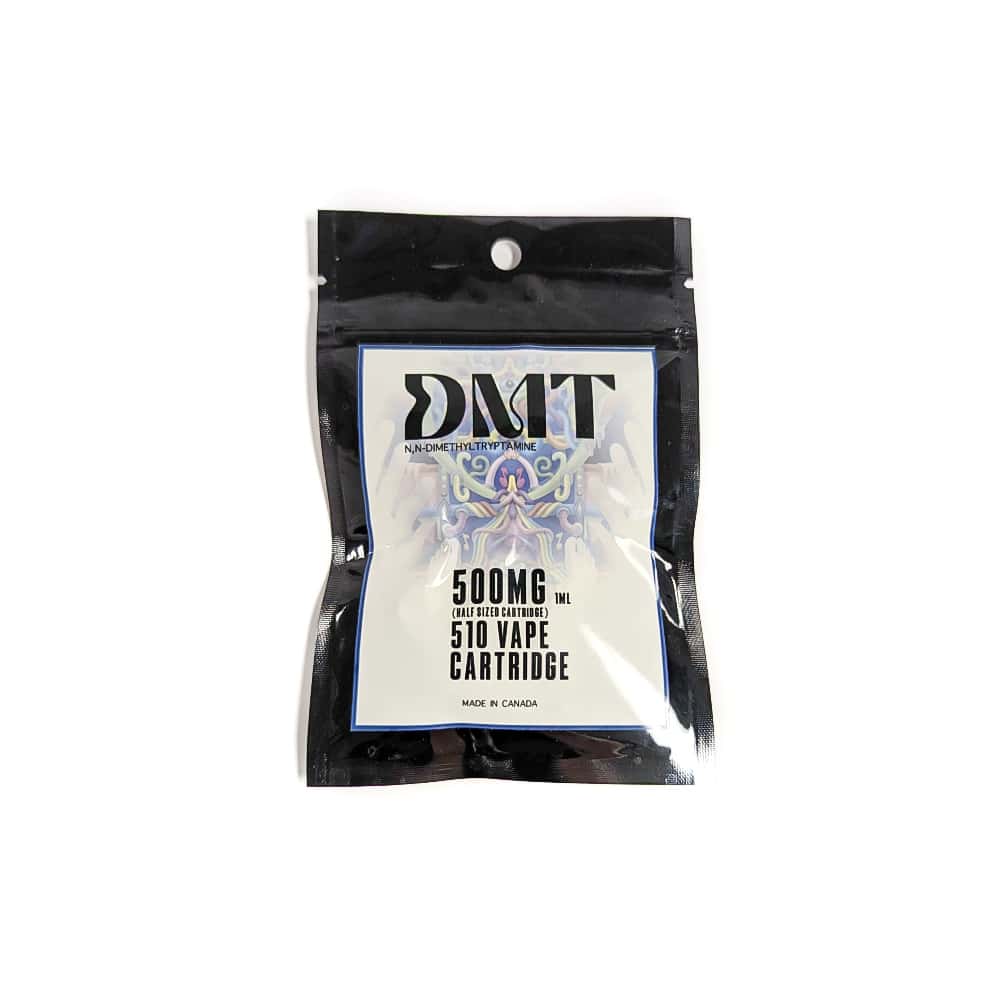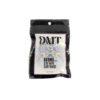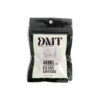DMT | Vape Top Cartridge + Battery | 500mg
$240.00
DMT (Dimethyltryptamine) is a powerful and fast-acting psychedelic. If you’re considering using DMT, it’s crucial to approach it with caution and respect. Below are some tips and cautions specifically for beginners who are looking to use DMT:
Tips for Beginners:
- Research Thoroughly: Educate yourself about DMT, its effects, duration, and potential risks. Understanding what to expect can help manage anxiety or confusion during the experience.
- Safe Environment: Choose a comfortable, quiet, and safe environment for your experience. A familiar setting can help reduce anxiety and allow you to focus on the experience.
- Have a Sober Sitter: A trusted and sober friend should be present to watch over you. They can provide emotional support, ensure your safety, and assist you if you experience difficulties.
- Start with Small Doses: For beginners, it’s advisable to start with a smaller dose to gauge your sensitivity and response to the substance.
- Use Proper Equipment: Use a vaporizer or a smoking apparatus specifically designed for DMT. This can help in controlling the dose and ensuring a smoother experience.
- Mindset and Intentions: Approach the experience with a clear and calm mindset. Setting positive intentions or having specific questions in mind can guide your experience.
- Breathing Techniques: Practice deep and calm breathing before starting. Good breath control can help manage any initial anxiety.
- Be Prepared for Intensity: DMT is known for its intense and rapid onset. Be mentally prepared for sudden and overwhelming visual and sensory experiences.
Cautions:
- Mental Health: Individuals with a history of mental health issues, particularly psychosis or severe anxiety, should avoid DMT as it can exacerbate these conditions.
- Physical Health Considerations: Those with cardiovascular issues should be cautious, as DMT can increase heart rate and blood pressure.
- Avoid Mixing Substances: Do not mix DMT with alcohol, prescription medication, or other recreational drugs, as this can lead to unpredictable and potentially dangerous effects.
- Integration Post-Experience: The experience can be profound and sometimes challenging to process. Allow time afterward for reflection and integration.
- Emergency Plan: Have a plan in case of a negative reaction or emergency. This includes knowing the location of the nearest medical facility and having a means to contact emergency services.
- Respect the Substance: Understand that DMT is not a recreational drug for casual use. It should be approached with respect and used responsibly.
Out of stock
- FREE Shipping for orders of $150 or more
- Orders will take about 2-5 business days to arrive after Canada Post has received the package *assuming no delays from Canada Post*
- Packages will be shipped based on the time when Payment is received NOT when order is placed.
- Orders with Payment received between 12am PST – 12pm PST (midnight to noon) will be shipped the Same Business Day.
- Orders with Payment received After 12pm PST (noon) will be shipped the Next Business Day.
You must register to use the waitlist feature. Please login or create an account





Reviews
There are no reviews yet.